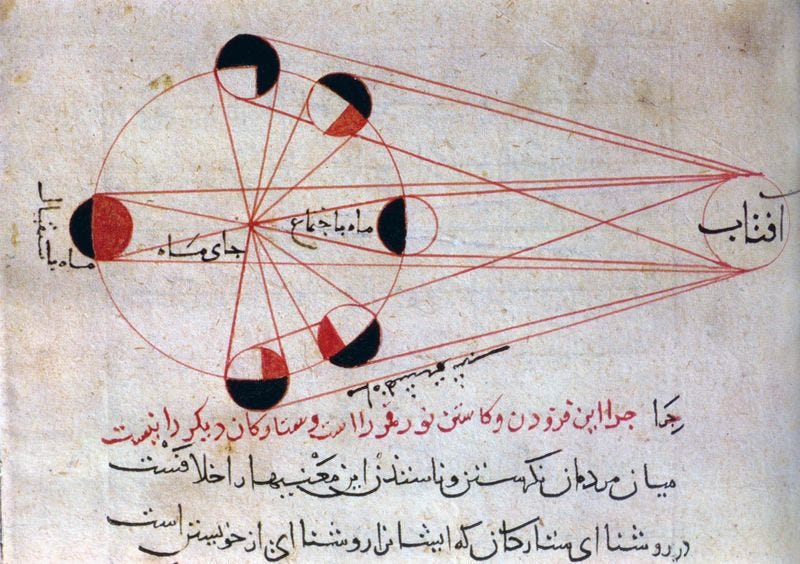Central Asia-Caucasus Institute (CACI) Newsletter
Kazakhstan as a Middle Power; Turkish position vis a vis Israel and Iran; the lives of Ibn Sina (Avicenna) and Biruni
You can follow us on Twitter, Facebook, and LinkedIn. As always, you can find our current analyses and more than twenty years of historical scholarship on our websites: Silk Road Studies, CACI Analyst, and Turkey Analyst.
What we’re writing:
Rafiz Abazov reinterprets Kazakhstan as a middle power. He argues the country’s geographic and political significance has often been overshadowed by rivalries among major powers like Russia, China, and the West. Recent developments—such as the rise of Central Bank Digital Currencies (CBDCs), expanded Eurasian transport links, and deeper global economic integration—offer new opportunities to realize this ambition. These themes were explored at the Kazakhstan Economic Freedom Conference held in Astana in September 2024, where experts debated whether Kazakhstan can effectively capitalize on these trends to enhance its global standing.
Barçın Yinanç argues that President Recep Tayyip Erdoğan’s claim that Israel poses a threat and might even attack Turkey lacks credibility. On the contrary, Turkish and Israeli strategic interests converge. Turkey and Iran have long been at odds in Syria, Iraq as well as in the south Caucasus and Turkey may welcome the degradation of Iranian power in the Middle East. Yet Ankara must also reckon with the risks of an all-out war between Israel and Iran for Turkish interests. Its military presence in Syria and Iraq exposes Turkey to the risk of being directly affected by the conflagration. Ultimately, the unknown consequences of a wider regional war and its spillover effects could outweigh the benefit for Turkey that a weakened Iran would represent.
Ghulam Ali notes that security concerns impede China-Pakistan relations. Chinese Ambassador to Pakistan Jiang Zaidong recently criticized the repeated attacks on Chinese nationals in Pakistan, calling them “unacceptable” and citing security as the biggest challenge to the China-Pakistan Economic Corridor (CPEC). His comments followed two fatal incidents within six months, which claimed seven Chinese lives. Pakistan’s Foreign Office, instead of addressing the concerns, dismissed the remarks as “perplexing,” revealing underlying tensions in the bilateral relationship. Despite China’s role as Pakistan’s key economic partner, security lapses and strained diplomacy are testing the limits of their traditionally strong ties, highlighting deeper challenges to the CPEC and broader cooperation. These tensions point to a more complex dynamic in bilateral relations, revealing that mutual dependency alone may not be sufficient to sustain smooth cooperation amidst mounting challenges.
What we’re listening to:
S. Frederick Starr on the The Medieval Podcast: Experimenting, translating, and philosophizing about physics and metaphysics, biology and geology, two great thinkers from Central Asia stand out both for their achievements, and their completely opposite points of view. The Medieval Podcast host Danièle speaks with S. Frederick Starr about the work and the lives of Ibn Sina (aka Avicenna) and Biruni, their contributions to science and culture, and the reason they outright despised each other.
S. Frederick Starr on the founding of the Kennan Institute: The Kennan Institute was founded in 1974, a time when discussions about Russia similarly focused primarily on politics and security. Cofounders George Kennan, James Billington, and S. Frederick Starr established the Institute to transcend those limitations, creating a platform that connected academic research with policy insights. Their mission was to foster deeper understanding beyond political headlines, a goal that remains critically relevant decades later.




